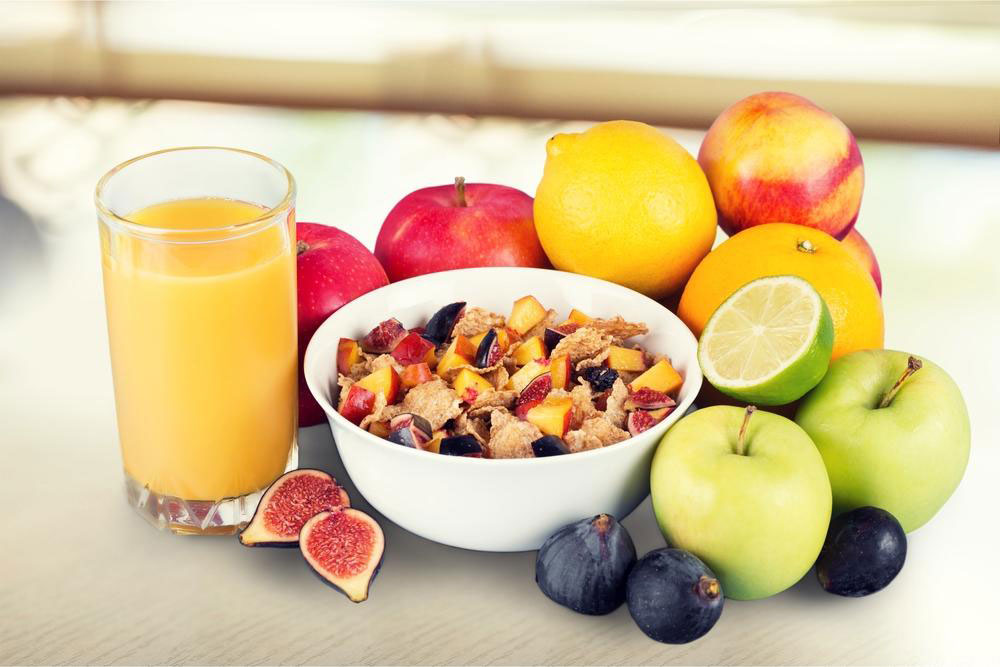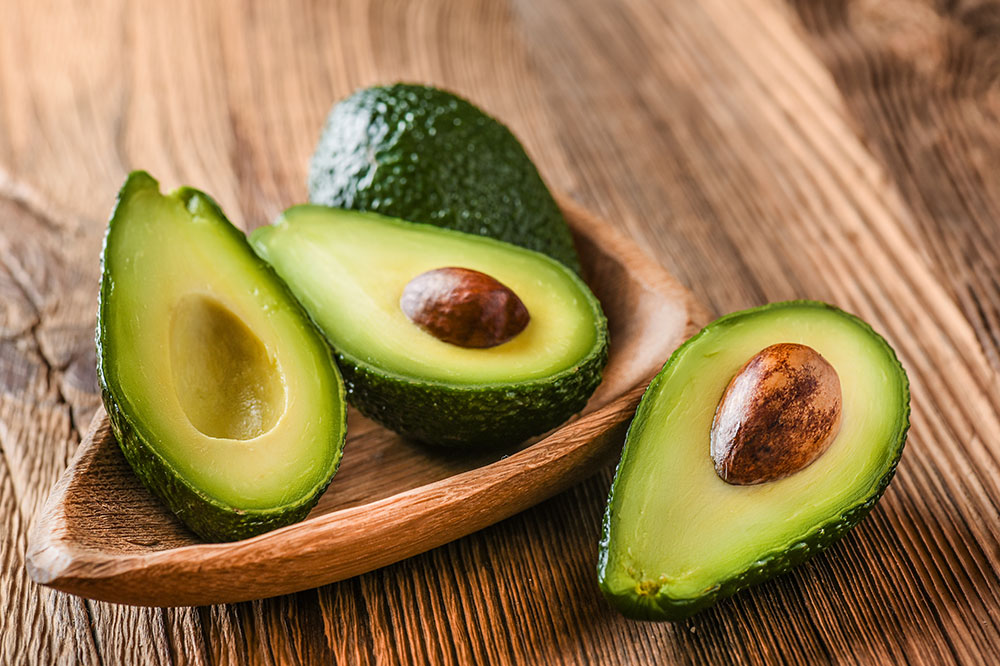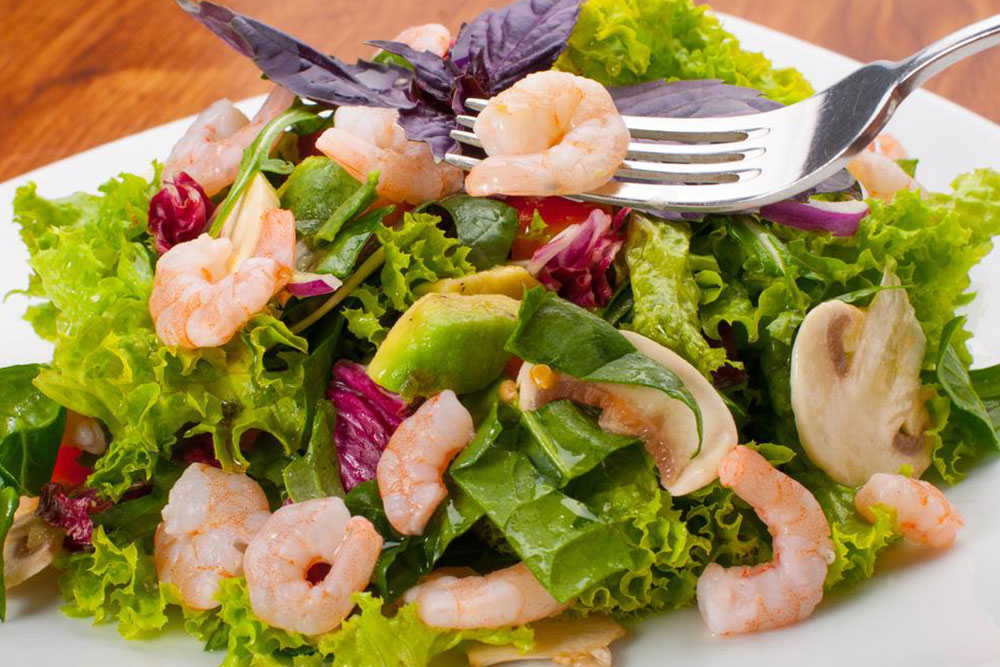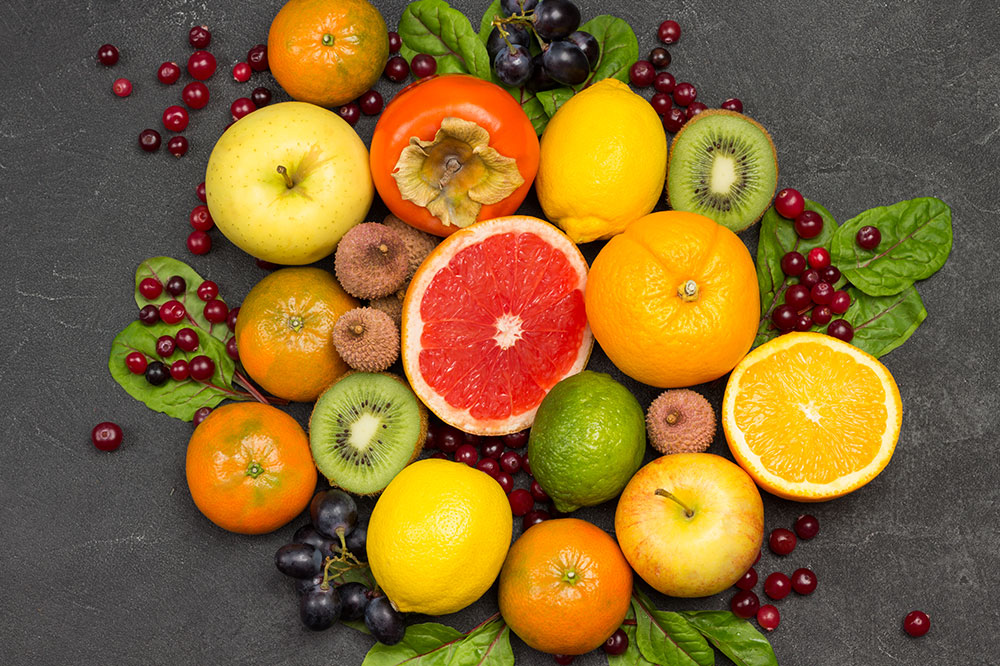Essential Plant-Based Proteins: Top Four Nutrient-Rich Sources for a Healthy Lifestyle
Discover the top four plant-based protein sources—lentils, black beans, spinach, and tofu—that are essential for a nutritious, balanced diet. Learn how to incorporate these nutrient-rich foods into your daily meals to support health and sustainability. Perfect for vegetarians, vegans, and anyone looking to diversify their diet with wholesome plant-based proteins.

Essential Plant-Based Proteins: Top Four Nutrient-Rich Sources for a Healthy Lifestyle
In recent years, the focus on plant-based diets has surged, driven by health consciousness, environmental concerns, and ethical considerations. Many individuals interested in vegetarian or vegan lifestyles often wonder how they can meet their daily protein requirements without relying on animal products. Fortunately, nature provides an abundance of plant-based foods that are not only rich in protein but also loaded with vital nutrients, fiber, and antioxidants. Contrary to common misconceptions, plant-based foods can be just as hearty and satisfying as their animal counterparts, making them an excellent choice for a balanced, sustainable diet. In this comprehensive guide, we explore four of the most nutrient-dense plant-based protein sources that can help you optimize your health and diversify your meals.
Lentils: The Ultimate Protein Powerhouse
Among the many plant foods, lentils hold a prominent position as a staple high-protein option across numerous cuisines worldwide. Known for their rich nutritional profile, lentils are a versatile ingredient suitable for a variety of recipes, from soups and salads to stews and side dishes. They are particularly popular in Indian, Middle Eastern, and Latin American cuisines. Lentils are not only an excellent source of plant-based protein, typically containing around 18 grams per cooked cup, but they also deliver substantial amounts of dietary fiber, essential minerals like iron and magnesium, and antioxidants. Their high fiber content supports digestive health and promotes feelings of fullness, which is helpful for weight management. Whether you prefer red, green, brown, or black lentils, incorporating them regularly into your diet can significantly boost your nutritional intake and contribute to overall wellness.
Black Beans: Colorful and Nutritious
Black beans are celebrated for their health benefits and affordability. Their dark, glossy appearance is a visual cue of their rich content of flavonoids and antioxidants, compounds known for their role in reducing inflammation and supporting cardiovascular health. With approximately 15 grams of protein per cooked cup, black beans are an excellent plant-based protein source. They are incredibly versatile and can be incorporated into a wide range of dishes, including burritos, salads, soups, and veggie burgers. Adding black beans to your meals not only enhances flavor and texture but also boosts your intake of essential nutrients such as fiber, folate, and manganese. Their robust taste pairs well with spices and herbs, making them a popular choice among vegetarians and vegans aiming to improve their nutrient profile.
Spinach: Nutrient-Dense Leafy Green
While spinach may be renowned for its high vitamin content, it is also an underrated source of plant-based protein. This leafy green is packed with amino acids, the building blocks of protein, making it an excellent addition to a high-protein plant-based diet. Spinach can be seamlessly integrated into a variety of dishes, including soups, salads, smoothies, tarts, and sandwiches. Its mild flavor pairs well with ingredients like corn, peas, cottage cheese, and nuts to create nourishing, protein-rich meals. Spinach is available in several varieties, including savoy, flat-leaf (also known as baby spinach), and semi-savoy, giving you numerous options to experiment in the kitchen. Its versatility and dense nutrient profile make spinach an essential component for those seeking to increase their plant-based protein intake while maximizing vitamins and minerals.
Tofu: The Versatile Protein Staple
Often called bean curd, tofu has become a global symbol of plant-based protein sources. Originating from East and Southeast Asian cuisines, tofu has evolved from being perceived as a bland, textureless ingredient to a highly adaptable staple appreciated for its ability to absorb flavors and its protein density. Tofu is incredibly versatile—usable in everything from breakfast scrambles and stir-fries to desserts and smoothies. Its neutral taste and creamy, firm texture make it suitable for a wide range of culinary applications. Nutritionally, a 100-gram serving can provide approximately 8 grams of protein, making it an excellent choice for vegans, vegetarians, and those seeking to reduce meat consumption. Tofu can be grilled, baked, stir-fried, or blended, offering endless possibilities for creative, nutrient-dense meals that cater to diverse dietary preferences.
Incorporating these four plant-based protein sources into your everyday diet can significantly enhance your nutritional intake while supporting sustainable eating habits. Whether you're a vegetarian, vegan, or simply looking to diversify your meals, these options are readily available, affordable, and easy to prepare. They also provide essential micronutrients, fiber, and antioxidants, which contribute to overall health, improved digestion, and chronic disease prevention. By embracing the variety of plant-based proteins available, you can enjoy delicious, nutritious meals that fuel your body and support your lifestyle goals. Start experimenting with these ingredients today to unlock the full potential of plant-based eating and achieve a healthier, more sustainable future.





